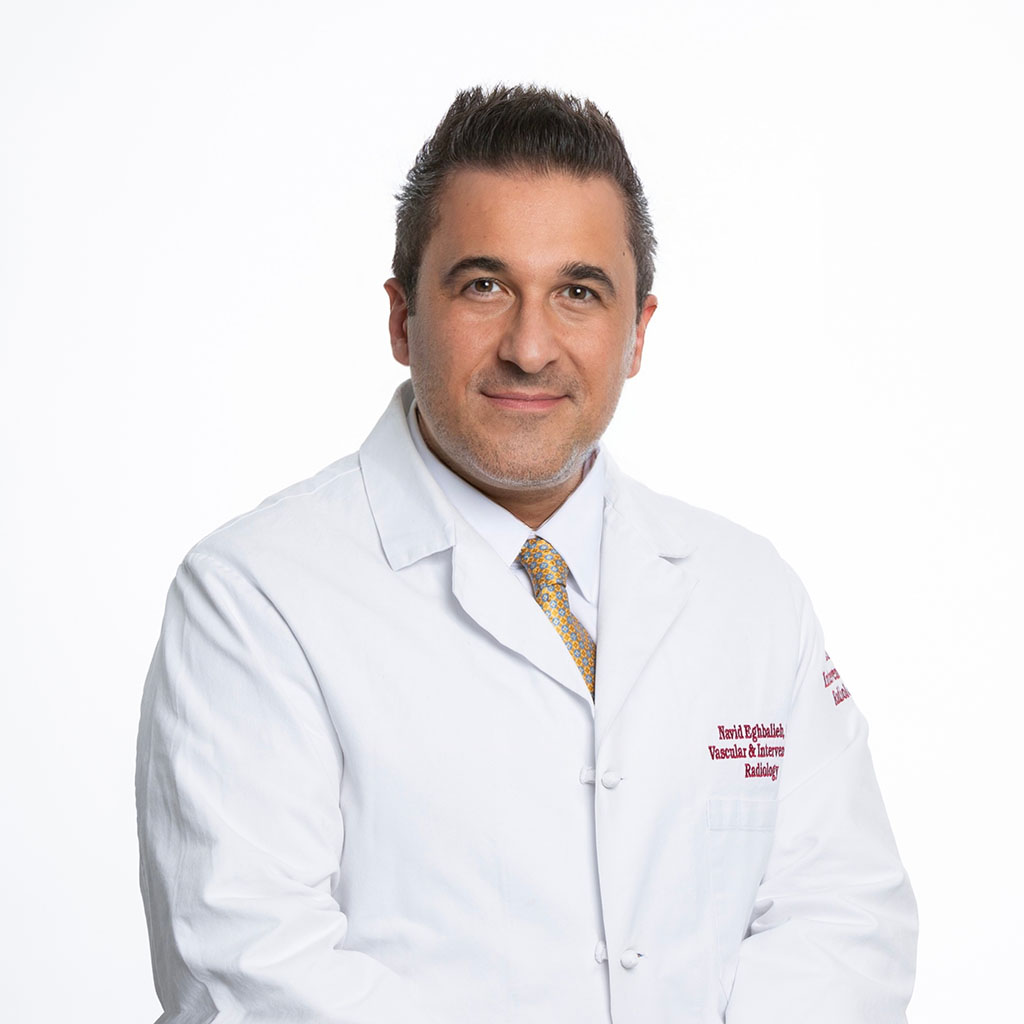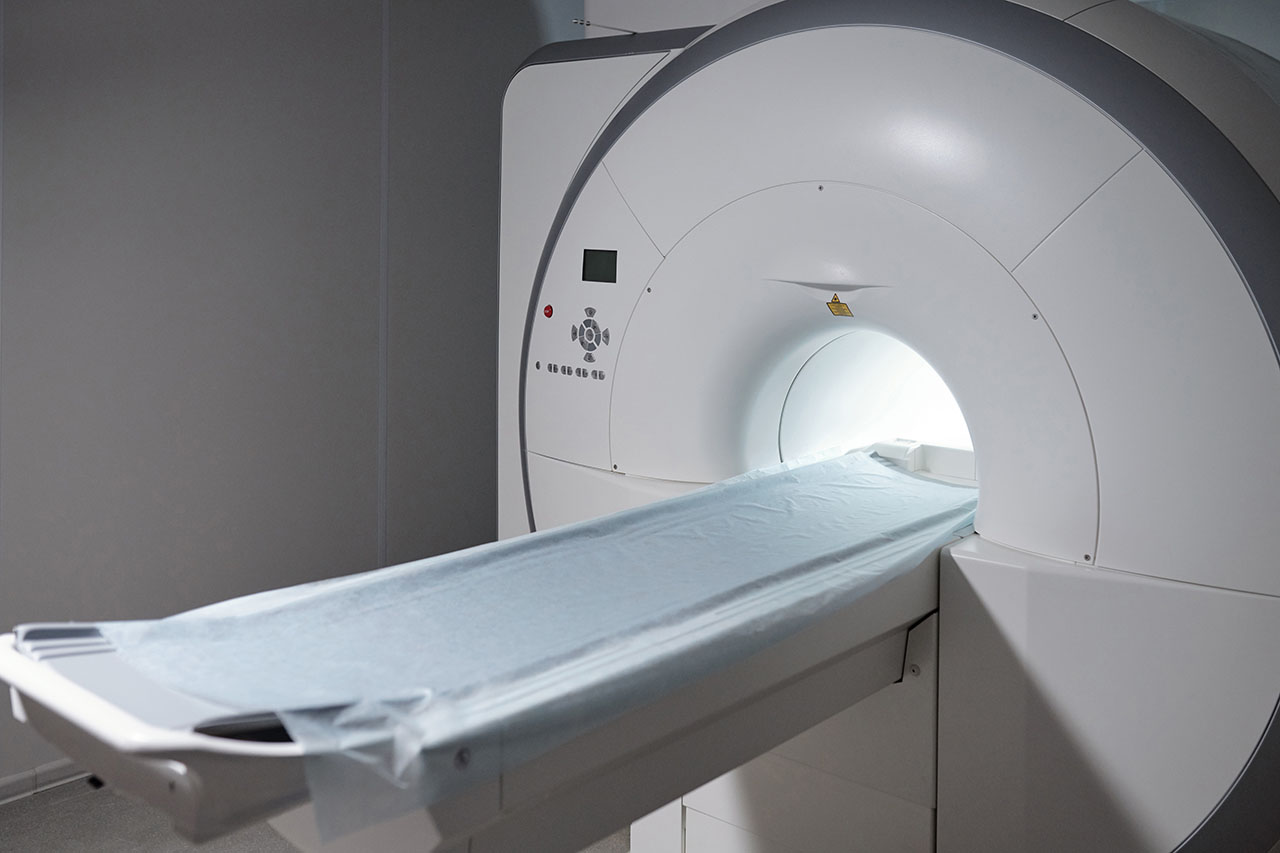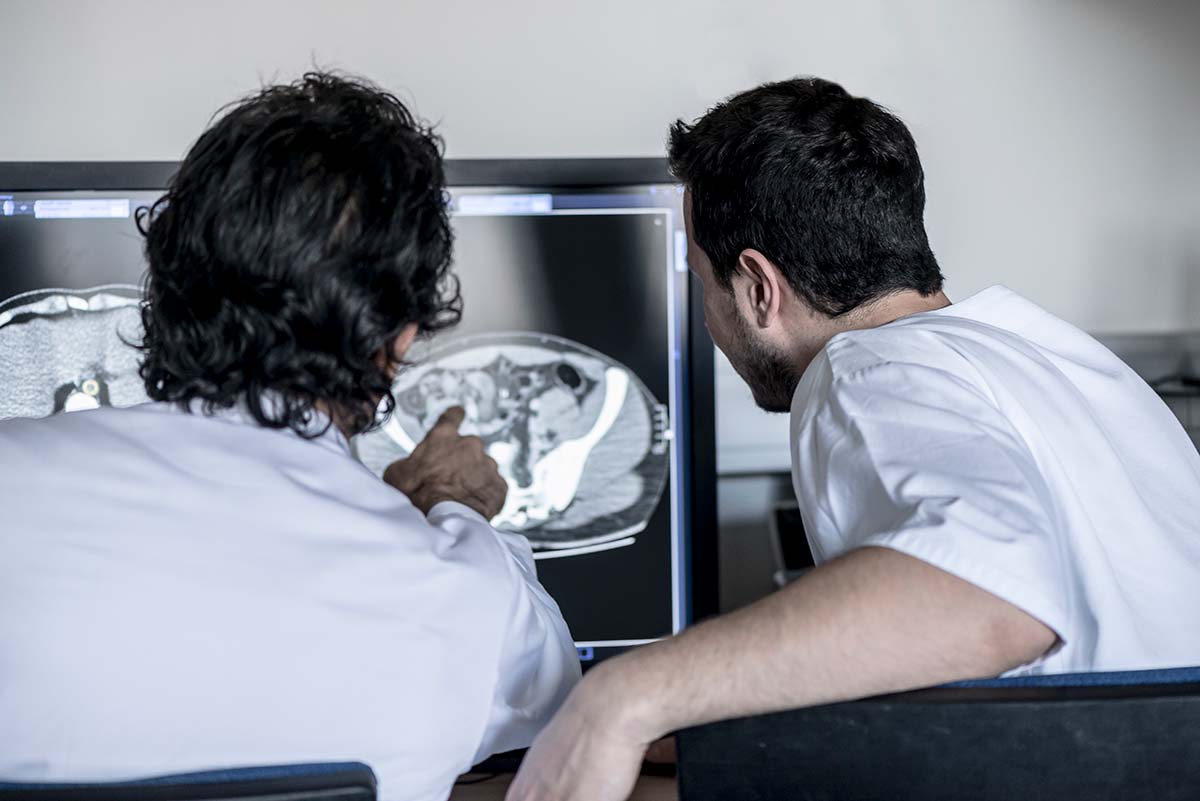Our interventional radiology practice offers minimally invasive, image-guided treatment of medical conditions that once required open surgery.
Under the expertise of board certified physician Dr. Navid Eghbalieh, we are able to offer cutting edge techniques to treat a variety of cancers, debilitating chronic pain conditions, and control bleeding for high-risk population groups.
Our patients are blown away by their ability to reduce or eliminate narcotics after receiving one of our progressive therapies. It is our passion to restore quality of life to those suffering and give back years of life. These groundbreaking clinical advances are now available to patients in the heart of the San Fernando Valley.
Interventional Radiology Q & A
Interventional radiology involves real-time imaging being used to perform minimally invasive procedures inside blood vessels, organs, and structures such as bile ducts..
What is Interventional Radiology?
During an interventional procedure, you lie down on a table that incorporates the imaging equipment, which may be a CT scan, fluoroscopy, ultrasound, angiography, or MRI.
After you’re sedated, a very small opening is created to access a blood vessel or one of the ducts that connect your liver, gallbladder, and small intestine.
Dr. Eghbalieh attaches a syringe to the outside of the catheter and injects a contrast medium to highlight the vessels and ducts. Then they guide the catheter to the site of the problem, and small tools that fit inside the catheter are deployed to perform your procedure.
What types of tools are used during an interventional radiology procedure?
In addition to the long, narrow catheter, your interventional radiologist uses a variety of tools, such as:
- Balloons to open clogged arteries, veins, and bile ducts
- Stents to hold blood vessels and ducts open
- IVC filters to trap blood clots
- Plugs to block a leaking blood vessel
- Tubes to drain blocked bile ducts
Physical tools aren’t the only possibilities. Clot-dissolving drugs may be sent through the catheter to eliminate blood clots. Chemotherapy medications may be delivered directly to liver tumors via the catheter. Substances that heat or freeze cancer cells may also be administered using interventional radiology.
What health conditions may be treated using interventional radiology?
The field of interventional radiology with imaging guidance is rapidly expanding, so these are only a few examples of vascular, hepatobiliary, and pancreatic conditions treated:
- Blocked bile ducts
- Blocked kidneys
- Gallstones
- Kidney stones
- Liver and bile duct cancer
- Portal hypertension
- Aneurysms
- Blocked arteries and veins
- Deep vein thrombosis
- Peripheral vascular disease
Interventional radiology is also frequently used as a diagnostic tool prior to performing a procedure to treat these conditions.
What are the benefits of interventional radiology?
Another great benefit of interventional radiology is that it can often be used in patients who are too sick to tolerate surgery. All patients who undergo minimally invasive surgery face a lower risk of complications compared with open surgery.
To learn more about interventional radiology procedures, schedule an appointment with SCMSC’s board certified physician, Dr. Navid.






